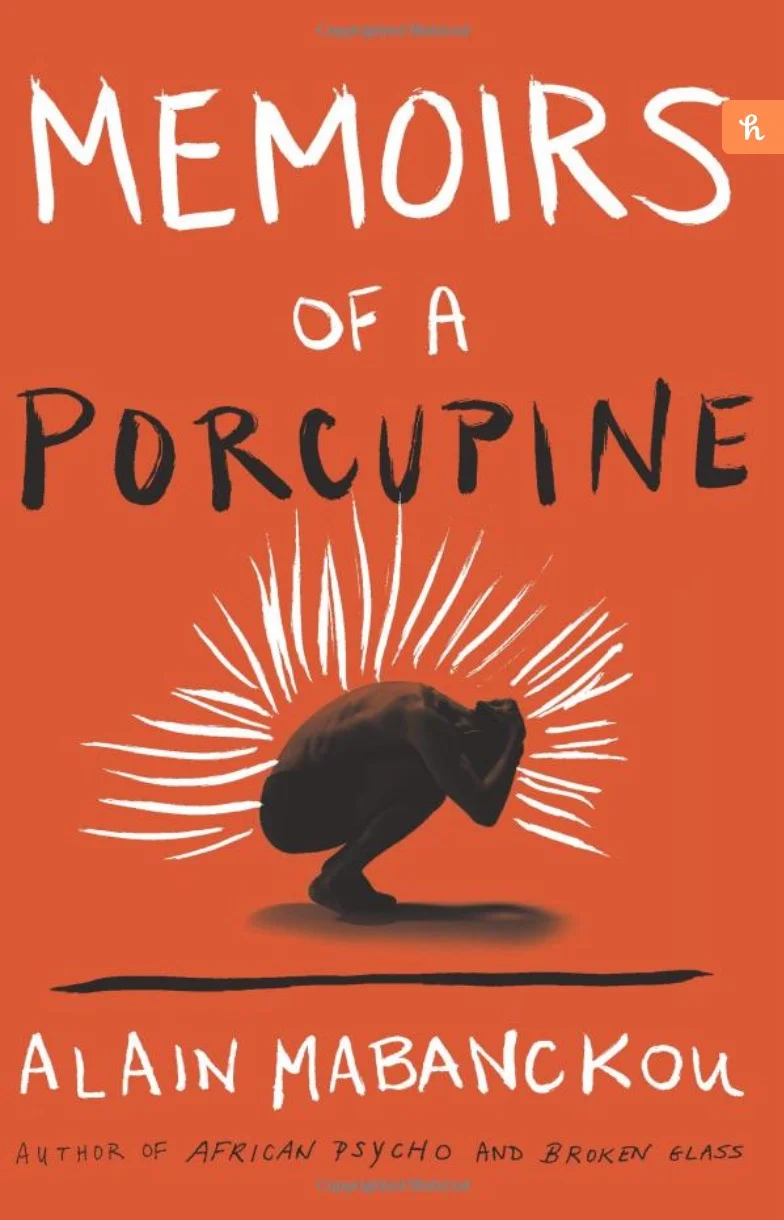Djibouti: Transit (Abdourahman A. Waberi, trans. David & Nicole Ball)
Abdourahman A. Waberi (b. 1965) is known for his novels, poetry, essays, and work as a professor. After growing up in Djibouti, Waberi went to France to study English literature before working as a literary consultant and critic. Since 1986, he has lived mostly in Caen, France where he taught English. He has been awarded the Stefan-George-Preis, the Grand prix littéraire d'Afrique noir, and the Prix biennal "Mandat pour la liberté." He has served as a visiting professor at a number of universities, and currently is a professor of French and Francophone Studies and Creative Writing at George Washington University.
Background: Bordered by Eritrea, Ethiopia, and Somalia, Djibouti is a small country in the Horn of Africa. The most likely area for the ancient land of Punt, the region was tied to Ancient Egypt before embracing Islam early on. The Ifat Sultinate was founded in 1285 in the area, with a base in Djibouti until they were defeated in 1332. In 1415, the Adal Sultanate took its place, although control was essentially in the hands of smaller regions, and who warred with the adjacent Abyssinians. Following the Ottoman-Mamluk War (1516-1517), the Ottoman Empire expanded greatly, and the Djibouti was incorporated into the Empire for the next three hundred fifty-odd years until the Egyptians invaded in 1884. After a brief period of Somali rule (1862-1894), the French came in, and renamed the region French Somaliland until the mid-20th century. In 1958, a referendum was held in Djibouti on the issue of independence, but this was not successful. In 1967, a second vote was called, but again was unsuccessful, in both cases due to a combination of Europeans voting, vote rigging, and issues with Somalia. Finally in 1977, a third referendum took place with a landslide voting in favor of independence. Although the initial decades saw some conflict between the People's Rally for Progress party and the Front for the Restoration of Unity and Democracy, an agreement was signed in 2000.
Transit is a somewhat disjunct, but overall interesting novel. The chapters are told from various points of view, about half of which are from a wounded, ex-military man (Bashir), and the rest which are from Harbi (an intellectual just rescued from prison) and his (dead) family members. Both men are waiting in the Roissy airport of Paris. Each chapter goes back, telling their storie, Bashir describing his experience during and after the war, while Harbi and his family deal with their multi-ethnic identity. Each character has seen the country's conflicts through different eyes, different generations. There is almost no link between the two story lines, and the book can be extremely difficult to follow. It rather conjures an image than a plot. The epilogue serves to tie together a few narrative strands, but does not feel strongly linked the rest of the chapters. Certainly interesting, but I wonder perhaps if a different type of organization could have strengthened the book.






